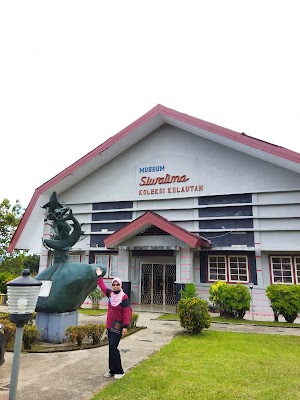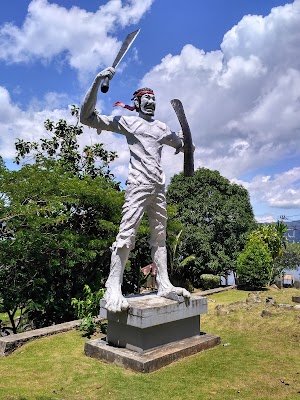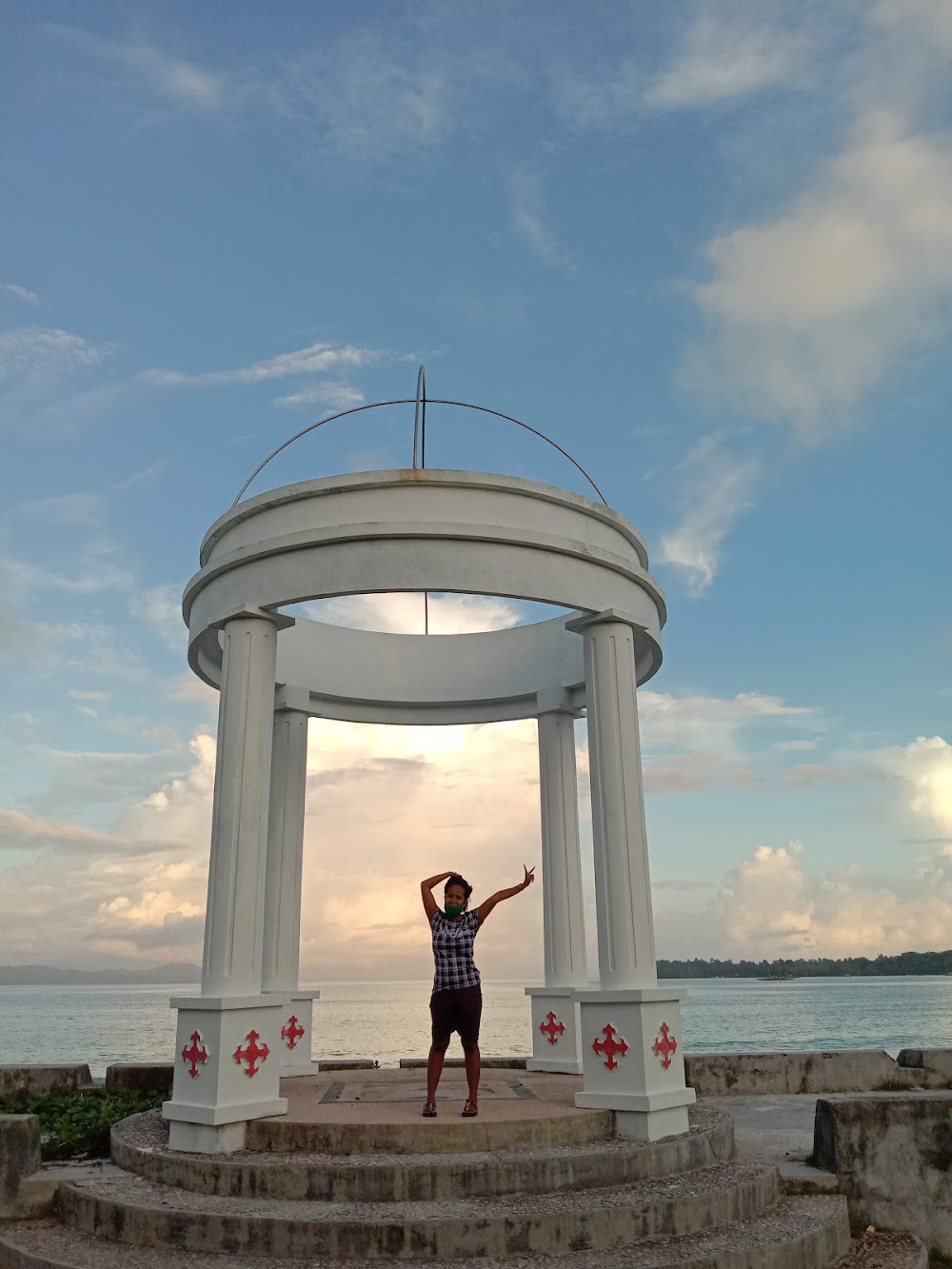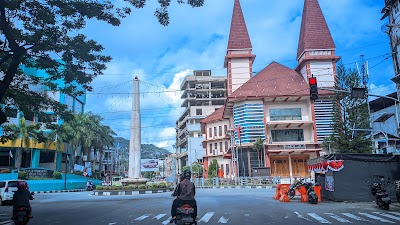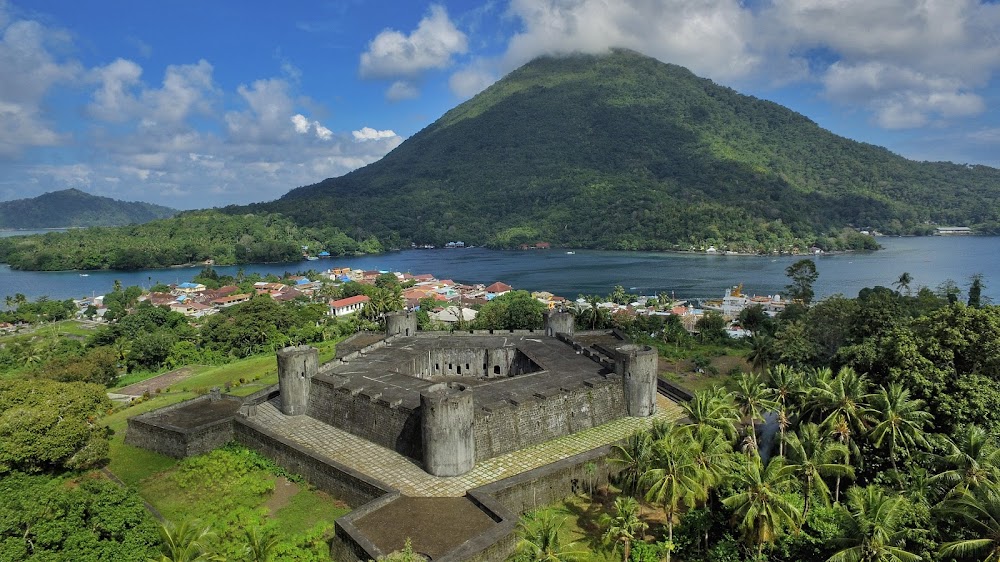Maluku Museum (Museum Maluku)
Overview
The Maluku Museum, locally known as Museum Siwalima, is a captivating cultural treasure nestled in Ambon, the vibrant capital city of Maluku province in Indonesia. This museum invites visitors on an enriching journey through the history, culture, and natural heritage of the Maluku Islands, which are part of Indonesia's extensive archipelago. For foreign tourists eager to explore the rich tapestry of Maluku’s past and its unique cultural identity, a visit to this museum is an absolute must.
Established in 1973, the Maluku Museum encompasses two distinct buildings, each dedicated to themes closely tied to the region’s history and culture. The first building showcases ethnographic collections, while the second highlights the region's natural history. Together, these sections provide a comprehensive overview of the island's multifaceted heritage. Perched atop a hill, the museum also boasts breathtaking views of Ambon Bay, enhancing its appeal for visitors.
The ethnographic section of the Maluku Museum is particularly captivating, displaying an impressive array of artifacts that reflect the diverse cultural landscape of the archipelago. Here, visitors can admire traditional clothing, intricately designed jewelry, and beautifully crafted musical instruments. The models of traditional Maluku houses, known as "Baileo," exemplify the architectural ingenuity of the island's indigenous tribes. Furthermore, ceremonial objects and everyday tools offer insights into the customs, rituals, and social organization of local communities.
Among the museum's highlights is its collection of "Kora-Kora" boats, large traditional war canoes that played a crucial role in the maritime culture of the Maluku people. These boats not only showcase the craftsmanship of the past but also symbolize the historical significance of the islands as a central hub in the spice trade routes. Renowned as the "Spice Islands," Maluku was famous for its abundant production of valuable spices like cloves and nutmeg, which drew traders from across the globe, including European colonizers in the 16th century. The museum's exhibits vividly recount this era of trade and conflict, providing context to the strategic importance of the islands.
In the natural history section, visitors can delve into the unique flora and fauna native to the Maluku Islands. Engaging dioramas and displays of preserved specimens reveal the region’s biodiversity, from exotic birds like colorful parrots and cassowaries to the diverse marine life inhabiting its crystal-clear waters. This section serves as a poignant reminder of the ecological richness of the islands and emphasizes the importance of preserving their natural habitats.
The museum also confronts the tumultuous history marked by colonialism and conflict. Informative panels and exhibits detail the Portuguese, Dutch, and Japanese occupations, illustrating how these periods shaped the cultural and socio-political landscape of Maluku. One particularly moving exhibit is dedicated to the Pattimura War of 1817, where local hero Thomas Matulessy, known as Kapitan Pattimura, led an uprising against Dutch colonial forces. This historical narrative unfolds through a mix of artifacts, documents, and models, allowing visitors to grasp the resilience and enduring spirit of the Maluku people.
Visiting the Maluku Museum is not only an educational experience but also a sensory delight. The surrounding area is beautifully landscaped, providing a serene setting that complements the historical and cultural ambiance of the museum. The gentle breeze from the bay, the lush greenery, and the distant hum of traditional Maluku music create an atmosphere that is both peaceful and evocative of the island’s essence.
For tourists, several practical details enhance the visit. The museum is conveniently accessible from the city center of Ambon, with local transportation options such as taxis and motorbikes readily available. English-speaking guides can be arranged for in-depth tours, ensuring that non-Indonesian speakers can fully appreciate the exhibits. Additionally, the museum features a small souvenir shop offering locally-made crafts and books, providing perfect keepsakes to remember your visit.
In conclusion, the Maluku Museum stands as a cultural gem that offers a comprehensive and engaging overview of the Maluku Islands' rich history and natural beauty. It is an essential stop for any foreign tourist wishing to grasp the essence of Maluku—from its storied past and cultural vibrancy to its significant role in the realm of natural wonders. Embark on this journey through time and culture, and you'll depart with a deeper appreciation of this enchanting part of Indonesia.


